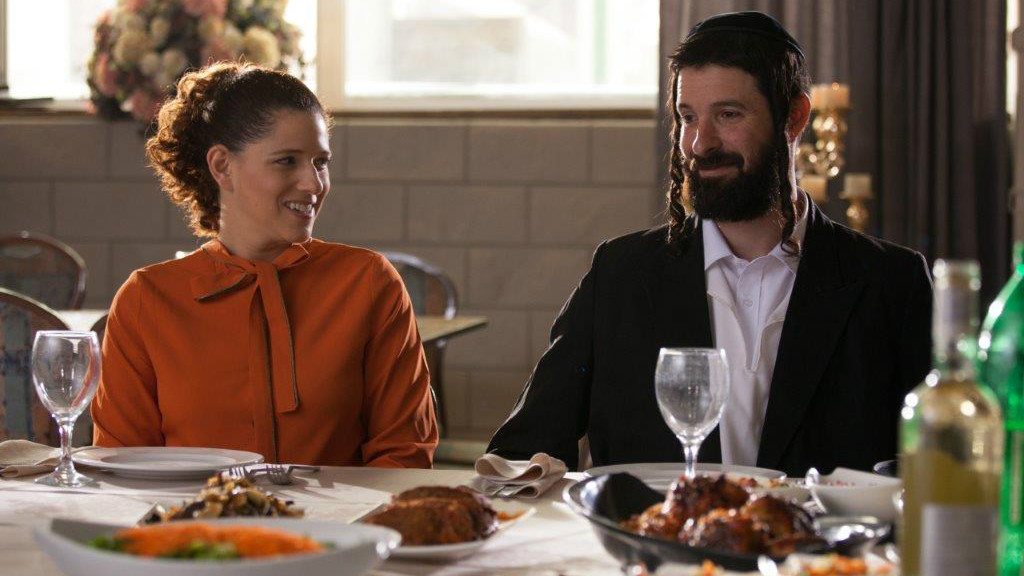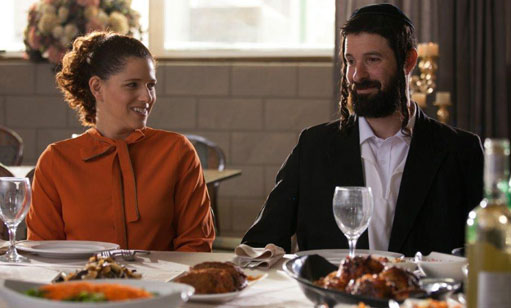Film Review: The Wedding Plan
Israeli Romantic Comedy Eschews Romance And Comedy, But Still Finds Sympathy For Its Undaunted Heroine


Latest Article|September 3, 2020|Free
::Making Grown Men Cry Since 1992

